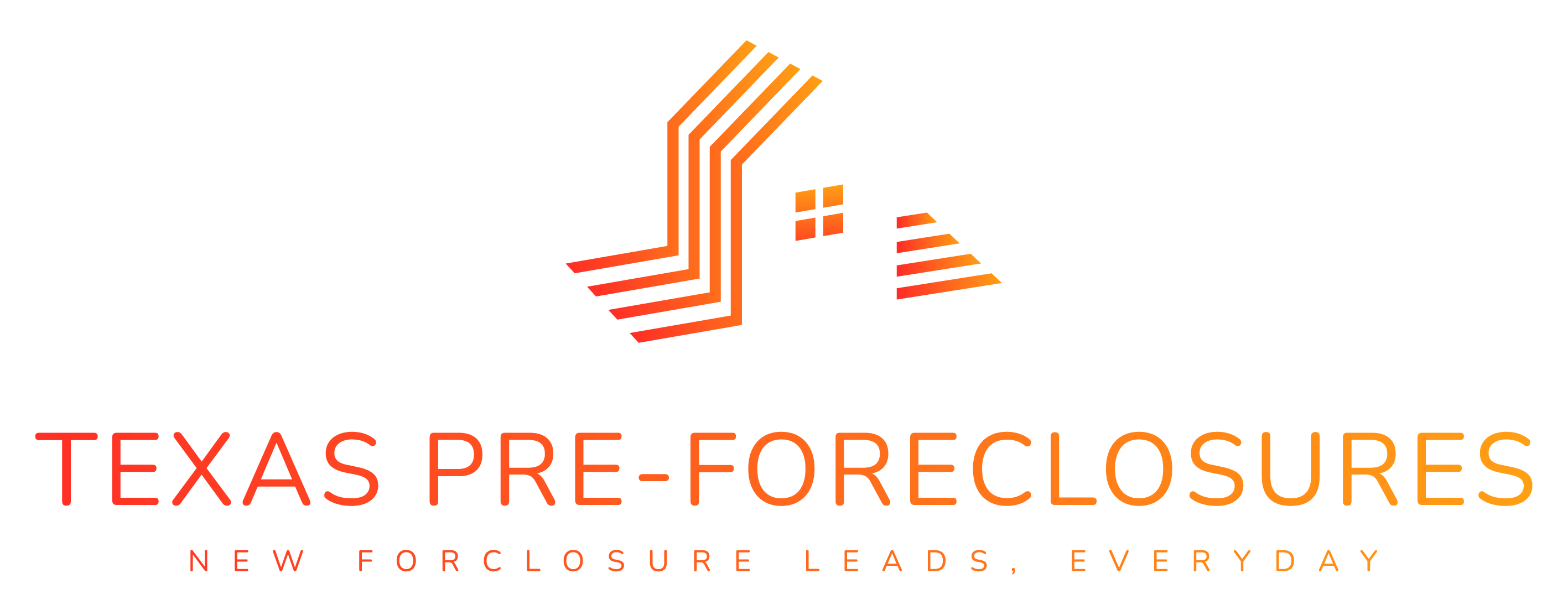Zombie Foreclosure: The Vacant Scourge of Neighborhoods
Zombie Foreclosure: The Vacant Scourge of Neighborhoods
The term “zombie foreclosure” was coined during the 2008 financial crisis, when the surge in foreclosures overwhelmed lenders, leading to a backlog of properties in the foreclosure pipeline. As a result, many abandoned properties remained in limbo, with no clear owner and no progress in the foreclosure process.
A zombie foreclosure refers to a property that has been abandoned by the homeowner, leaving the property in a vacant and neglected state, while the foreclosure process remains incomplete. This can occur when the homeowner stops making mortgage payments and receives a notice of default, but the lender fails to complete the foreclosure process and take possession of the property.
The Impact of Zombie Foreclosures
Zombie foreclosures have left a trail of detrimental effects on communities:
- Neighborhood Blight: Vacant and dilapidated properties mar the aesthetics and overall value of surrounding neighborhoods, creating a sense of neglect and decline.
- Safety Hazards: Unsecured and abandoned structures pose safety risks due to potential hazards like structural instability, unsecured entrances, and increased vandalism.
- Tax Revenue Loss: Local governments face reduced property tax revenue from zombie foreclosures, hindering their ability to provide essential services.
- Property Value Erosion: The presence of zombie foreclosures can drag down property values in surrounding areas, making it difficult for homeowners to sell their properties at fair market prices.
- Legal Complications: The legal status of zombie foreclosures can be complex, leading to ownership disputes and hindering resolution.
Addressing the Zombie Foreclosure Crisis
To combat the zombie foreclosure crisis, various measures have been implemented:
- Streamlined Foreclosure Processes: Lenders have streamlined foreclosure processes to expedite the completion of foreclosures and reduce the backlog of cases.
- Neighborhood Revitalization Programs: Government agencies and community organizations have launched initiatives to revitalize neighborhoods affected by zombie foreclosures, including property maintenance, demolition, and redevelopment projects.
- Increased Transparency and Communication: Lenders have enhanced transparency and communication with homeowners facing foreclosure, providing clear information about their options and the foreclosure process.
- Preventing Homeowner Abandonment: Programs have been developed to assist homeowners facing foreclosure, offering counseling, financial assistance, and alternative solutions to prevent abandonment.
The Path Forward
While significant progress has been made in addressing zombie foreclosures, the issue persists in some communities. Continued efforts are needed to revitalize affected neighborhoods, streamline foreclosure processes, and provide support to homeowners facing foreclosure challenges. By working collaboratively, communities and government agencies can effectively tackle the zombie foreclosure crisis and restore vitality to neighborhoods.
Why Invest In Zombie Foreclosures?
Investing in zombie properties can be a lucrative opportunity for those willing to take on the challenges and risks involved. Here are some potential reasons why you might consider investing in zombie properties:
- Potential for High Returns: Zombie properties can be purchased at significantly discounted prices compared to their market value once renovated. This presents the potential for substantial profits when the property is sold or rented.
- Control over the Renovation Process: As an investor, you have complete control over the renovation process, allowing you to customize the property to your specifications and target market.
- Potential for Tax Benefits: Depreciation deductions and other tax benefits can reduce your taxable income and increase your overall profit potential.
- Community Revitalization: By renovating and revitalizing zombie properties, you can contribute to the improvement of neighborhoods and the overall value of the surrounding community.
However, it’s crucial to carefully consider the risks associated with zombie property investments:
- Extensive Renovations: Zombie properties often require significant renovations, which can be costly and time-consuming.
- Legal Complications: Navigating the legal status and ownership of zombie properties can be complex and may require legal assistance.
- Neighborhood Challenges: Zombie properties are often located in distressed neighborhoods, which may pose challenges in terms of security, property values, and tenant screening.
- Unforeseen Expenses: Unexpected repairs, delays, and permit issues can lead to unforeseen expenses and impact your profit margins.
- Risk of Vacancy: Finding tenants for renovated zombie properties may be challenging, especially in areas with high vacancy rates or negative perceptions of the neighborhood.
To make informed decisions about investing in zombie properties, it’s essential to thoroughly research the property, the neighborhood, and the potential renovation costs. Consult with experienced real estate professionals, contractors, and legal counsel to assess the risks and potential rewards carefully
